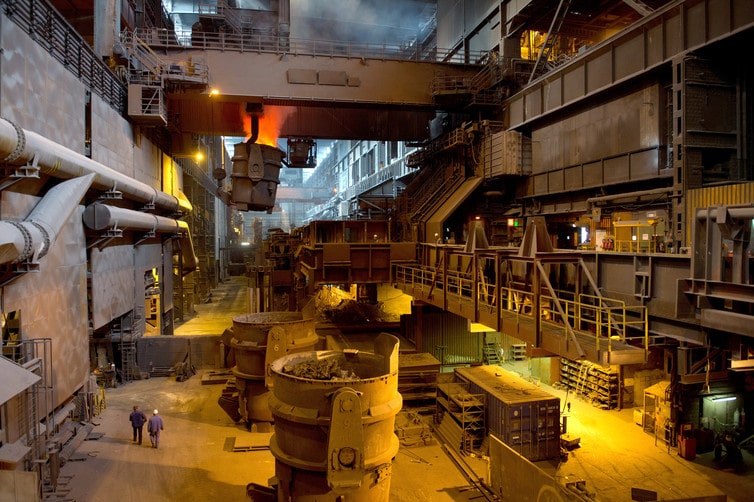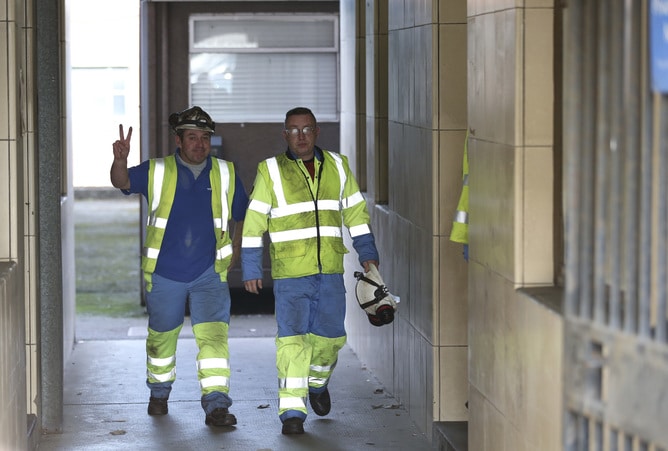Is the Latest Steel Crisis China’s Doing?
Today, advanced economies blame China for steel overcapacity. In reality, four decades ago Washington and Brussels opted for bad policies, which China seeks to transcend.
In the G20 summit in Hangzhou, some world leaders had harsh words for China’s steel overcapacity. Before the summit, President Barack Obama was urged by US lawmakers, unions and trade associations to blame China’s trade practices for US mill closures and unemployment and to stress the need for “aggressive enforcement of US trade remedy laws.”





